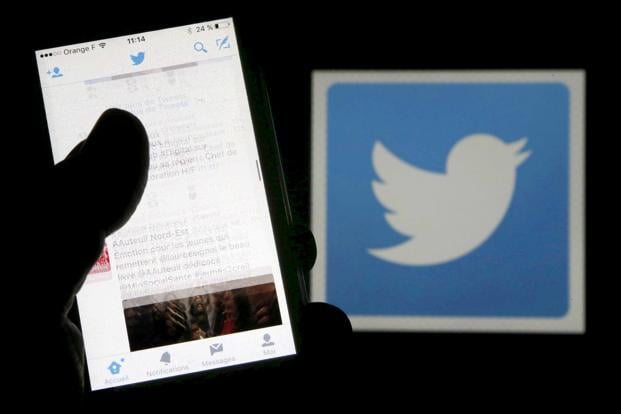False news stories spread much more quickly and widely on Twitter than truthful ones, an imbalance driven more by people than automated “bot” accounts, researchers said on Thursday.
A study by Massachusetts Institute of Technology researchers examining about 126,000 stories shared by some three million people on Twitter from 2006 to 2017 found that false news was about 70 percent more likely to be retweeted by people than true news.
The study, published in the journal Science, was one of the most comprehensive efforts to date to assess the dynamics behind how false news circulates on social media.
Twitter and other social media companies such as Facebook have been under scrutiny by US lawmakers and international regulators for doing too little to prevent the spread of false content.
US officials have accused Russia of using social media to try to sow discord in the US and interfere in the 2016 presidential election.
The stories examined in the study were reviewed by six independent fact-checking organisations including Snopes and Politifact to assess their veracity.
“False stories spread significantly more quickly and broadly than true stories in all categories of information,” the researchers said.
“However this were more pronounced for false political news than for false news about terrorism, natural disasters, science, urban legends or financial information.”
They noted increases in false political stories during the 2012 and 2016 US presidential races.
Though Twitter’s allowance of bots has come under particular criticism, the MIT researchers found these automated accounts accelerated true and false news equally, meaning people were more directly responsible for the spread of false news.
Study lead author Soroush Vosoughi said people may be more likely to share false news because it is more surprising, the same way that sensationalised “click bait” headlines garner more attention.
“One reason false news might be more surprising is, it goes against people’s expectations of the world,” Vosoughi said.
“If someone makes up a rumor that goes against what they expected, you are more likely to pass it forward.”
While the study focused on Twitter, the researchers said their findings likely also would apply to other social media platforms including Facebook.
A Twitter spokeswoman declined to comment on the study’s findings, but pointed to tweets by company CEO Jack Dorsey recently pledging to “increase the collective health, openness, and civility of public conversation, and to hold ourselves publicly accountable towards progress”.
Twitter provided funding and some data access to support the study.
Copyright 2025 TheCable. All rights reserved. This material, and other digital content on this website, may not be reproduced, published, broadcast, rewritten or redistributed in whole or in part without prior express written permission from TheCable.
Follow us on twitter @Thecablestyle

